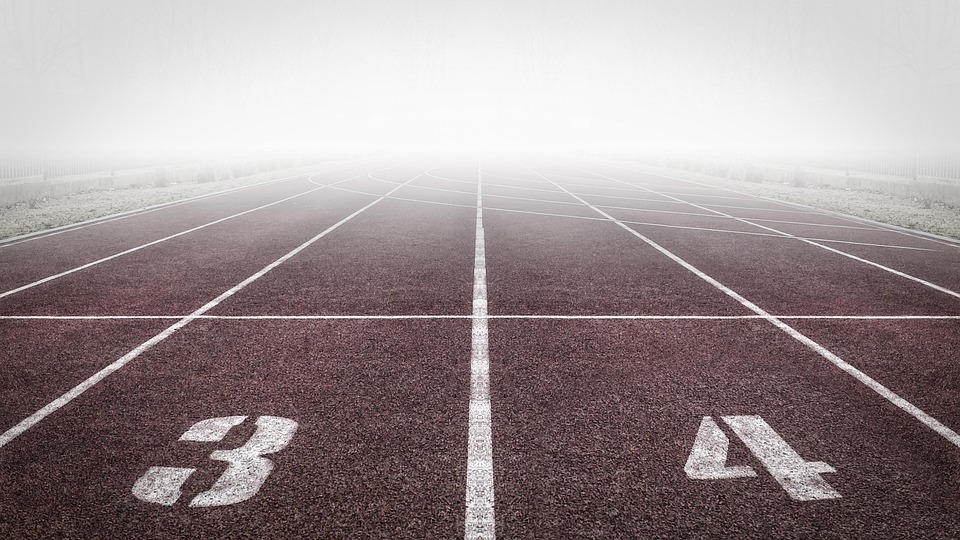Mental Toughness: The Key to Athletic Success and Overcoming Adversity
Mental toughness is often touted as a critical component of athletic success. It transcends physical ability, allowing athletes to navigate challenges, push past limitations, and excel in high-pressure environments.
What is Mental Toughness?
Mental toughness refers to an athlete’s resilience and ability to maintain focus under stress. It involves several key attributes:
- Confidence: Believing in one’s abilities is foundational to overcoming challenges.
- Focus: The ability to concentrate on goals, dismiss distractions, and maintain intensity during competition.
- Resilience: Bouncing back from setbacks, learning from failures, and adapting to changing circumstances.
- Determination: The drive to persist despite obstacles and maintain effort over time.
Why is Mental Toughness Important?
Overcoming Adversity
Athletes frequently face various forms of adversity, from injury to fierce competition. Mental toughness equips them to handle these challenges more effectively:
- Injuries: A mentally tough athlete remains focused on recovery and rehabilitation, demonstrating patience and perseverance.
- Competitions: High-stakes environments can induce anxiety. Athletes with strong mental resilience can compartmentalize pressure and perform at their best.
Enhancing Performance
Research shows that mental toughness correlates with enhanced athletic performance. Athletes who practice mental conditioning techniques, such as visualization and positive self-talk, often outperform their less mentally tough counterparts. This psychological edge allows them to execute skills reliably when it matters most.
Building Mental Toughness
Techniques for Development
- Goal Setting: Establish clear, achievable goals to foster a sense of purpose and motivation.
- Positive Self-Talk: Encourage constructive inner dialogue to build confidence and reduce anxiety.
- Visualization: Mentally rehearsing performances can enhance preparedness and familiarity with competitive scenarios.
- Mindfulness and Relaxation Techniques: Practicing mindfulness can help athletes stay present and focused, reducing stress and improving performance.
The Role of Coaches and Support Systems
Coaches play a crucial role in developing mental toughness within athletes. By fostering a supportive environment that encourages risk-taking and resilience, coaches can help athletes grow. Additionally, surrounding athletes with supportive peers and mentors can further bolster their mental strength.
Conclusion
In conclusion, mental toughness is an essential aspect of athletic success and an invaluable tool for overcoming adversity. By cultivating this trait through various techniques and supportive environments, athletes can unlock their full potential and thrive in their respective sports. Emphasizing the mental side of athletics complements physical training, leading to holistic development and sustained success.
For further insights into mental toughness and its application in athletic contexts, consult [modern_footnote_source_link].


























I don’t think the title of your article matches the content lol. Just kidding, mainly because I had some doubts after reading the article.